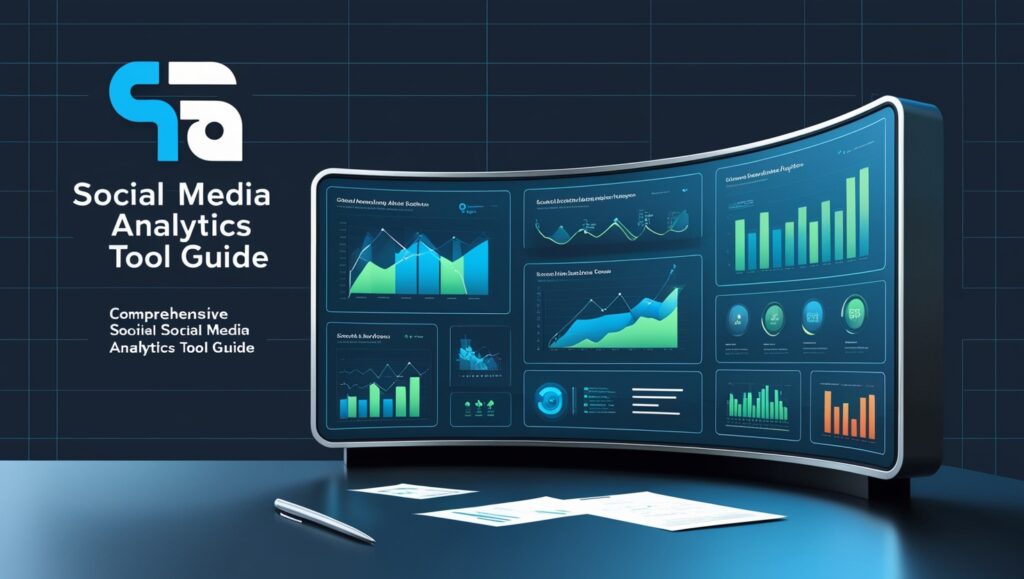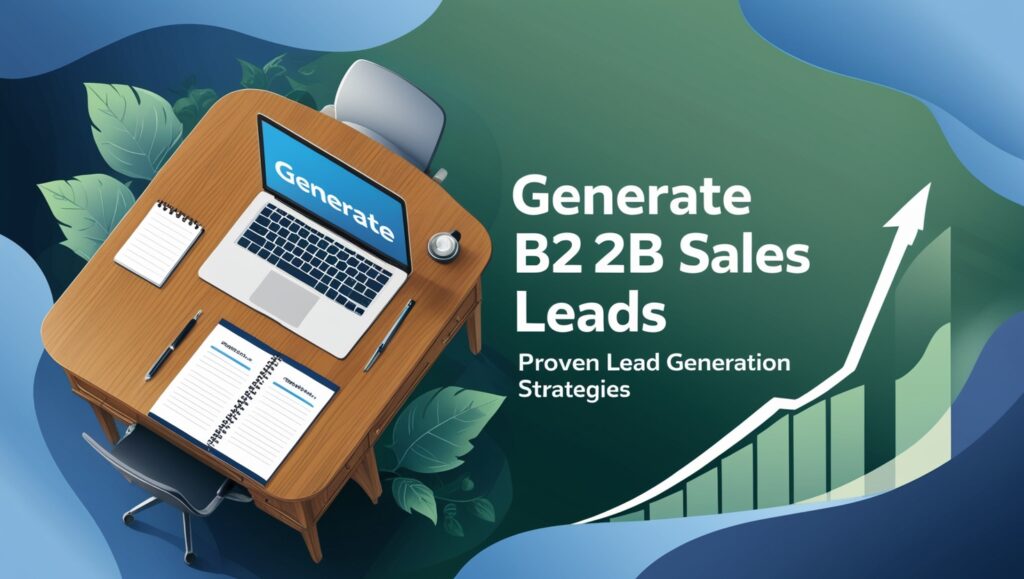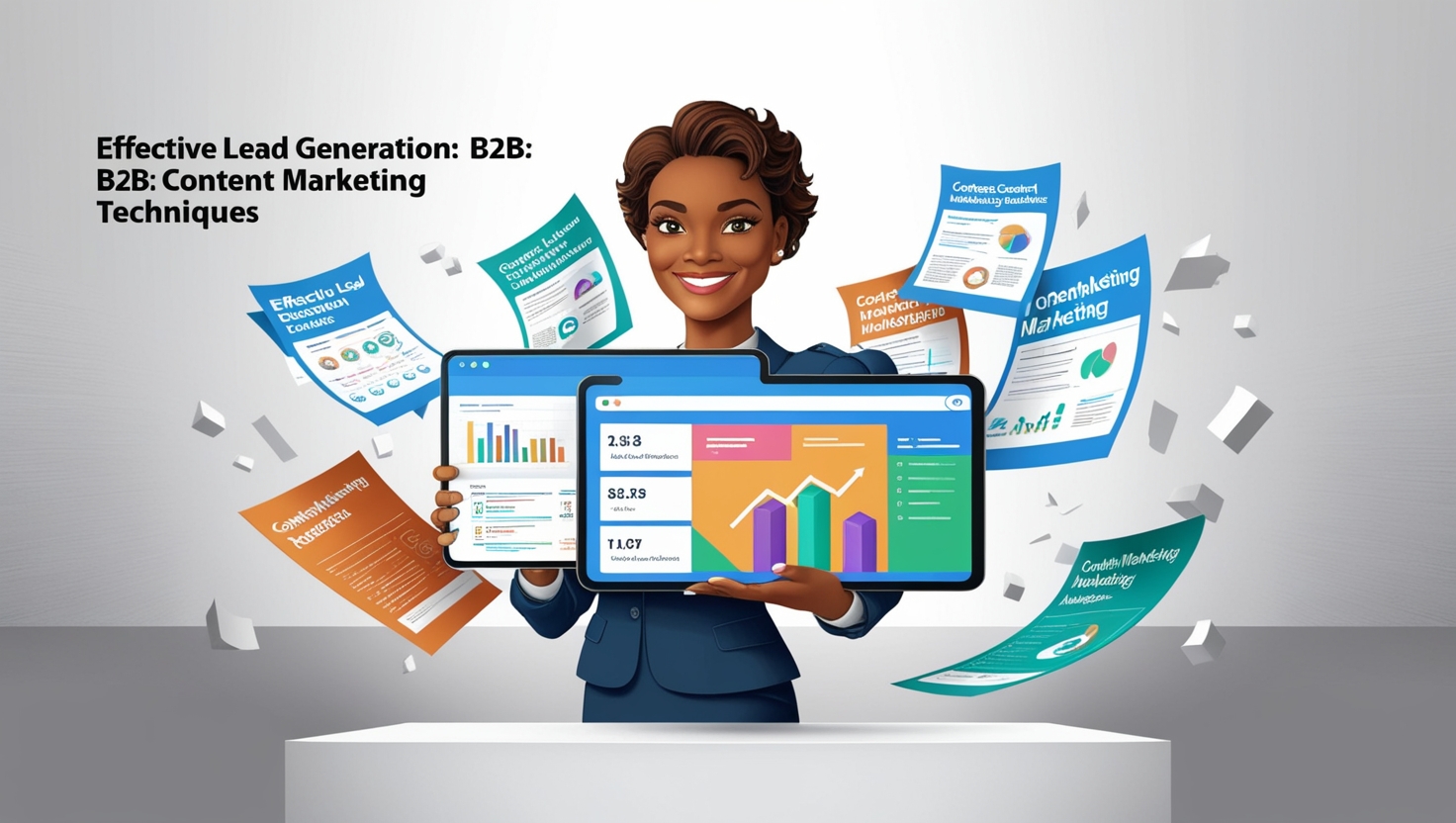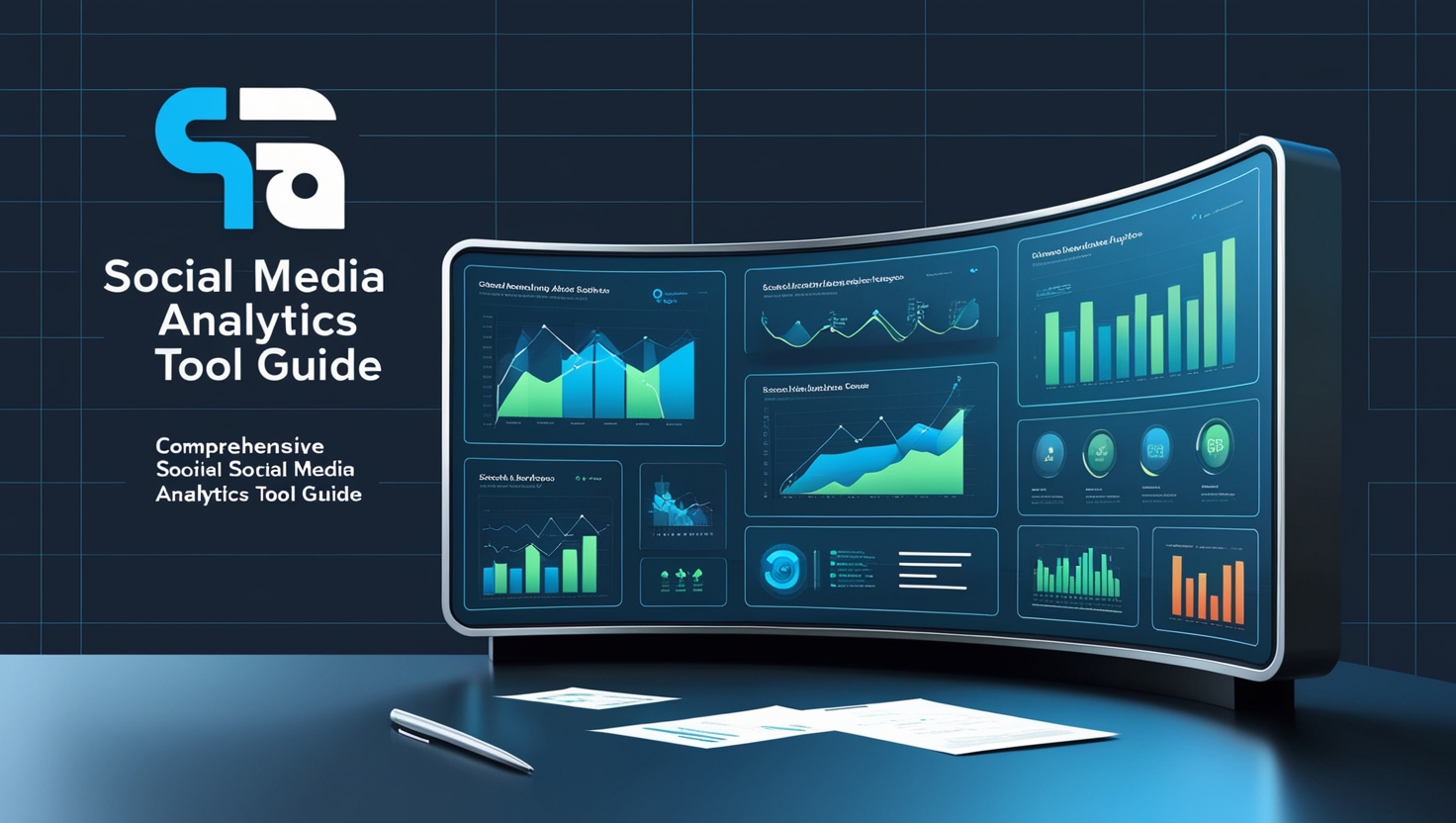B2B lead generation is a crucial aspect of any business that wants to grow its customer base and increase revenue. It involves identifying potential customers who are interested in the products or services offered by a business and nurturing them until they become paying clients. B2B lead generation is different from B2C lead generation as it targets other businesses rather than individual consumers.

There are various methods that businesses can use to generate B2B leads, including content marketing, email marketing, social media marketing, and search engine optimization. Each method has its own advantages and disadvantages, and businesses must choose the ones that work best for them based on their target audience and marketing goals. Additionally, there are various tools available that can help businesses streamline their B2B lead generation efforts, such as lead capture forms, lead scoring systems, and customer relationship management (CRM) software.
The Significance of B2B Lead Generation

Understanding B2B Markets
It is the process of identifying potential customers for a business’s products or services. In the B2B market, lead generation is crucial for businesses to identify and target potential customers who are most likely to convert into long-term clients. Understanding the B2B market is essential for effective lead generation. B2B businesses operate in a niche market, and lead generation strategies must be tailored to their specific needs.
Lead Generation Impact on Revenue Growth
It is a crucial component of a business’s revenue growth strategy. Effective lead generation can help businesses increase their sales revenue, expand their customer base, and improve their bottom line. By identifying potential customers and nurturing them through the sales funnel, businesses can create a steady stream of revenue that can help them achieve their long-term goals.
Long-Term Relationship Building
B2B lead generation is not just about closing deals; it’s about building long-term relationships with customers. By nurturing leads and providing them with valuable information, businesses can establish trust and credibility with their potential customers. This trust and credibility can lead to long-term relationships that can benefit both parties. B2B lead generation is not a one-time event; it’s an ongoing process that requires consistent effort and attention.
In conclusion, it is a crucial component of a business’s growth strategy. By understanding the B2B market, businesses can create effective lead generation strategies that can help them increase their revenue, expand their customer base, and build long-term relationships with their customers.
Effective Methods for B2B Lead Generation

Generating leads is crucial for any B2B business to grow. There are several effective methods for generating leads, including:
Content Marketing Strategies
Content marketing is a powerful tool for generating leads. By creating high-quality content that resonates with your target audience, you can attract potential customers to your website and build trust with them. This can include blog posts, eBooks, whitepapers, webinars, and more. By offering valuable content in exchange for contact information, you can generate leads and nurture them through the sales funnel.
Email Marketing Campaigns
Email marketing is another effective method for generating leads. By sending targeted emails to your subscribers, you can build relationships with potential customers and keep them engaged with your brand. This can include newsletters, promotional emails, and personalized messages based on their behavior and interests. By providing value and offering solutions to their pain points, you can generate leads and move them closer to a sale.
Social Media Outreach
Social media is a great way to connect with potential customers and generate leads. By sharing valuable content, engaging with your audience, and building relationships, you can attract potential customers to your website and generate leads. This can include posting on LinkedIn, Twitter, Facebook, and other platforms. By using social media to build your brand and establish yourself as a thought leader in your industry, you can generate leads and grow your business.
Search Engine Optimization
Search engine optimization (SEO) is the process of optimizing your website to rank higher in search engine results pages (SERPs). By optimizing your website for relevant keywords and creating high-quality content, you can attract potential customers to your website and generate leads. This can include on-page optimization, link building, and content creation. By ranking higher in search engine results pages, you can generate leads and grow your business.
In conclusion, there are several effective methods for generating leads in the B2B space, including content marketing, email marketing, social media outreach, and search engine optimization. By using these methods, businesses can attract potential customers, build relationships, and generate leads that can be nurtured through the sales funnel.
Essential Tools for Lead Generation

To be successful in B2B lead generation, companies need to have access to the right tools. Here are three essential types of tools that can help generate leads:
CRM Systems
Customer Relationship Management (CRM) systems are essential tools for managing leads and customer interactions. These systems allow businesses to store and manage customer data, track interactions, and analyze customer behavior. Some popular CRM systems include Salesforce, HubSpot, and Zoho.
CRM systems can help businesses streamline their lead generation process by providing a central location for all customer data. This allows businesses to better understand their customers and tailor their marketing efforts accordingly.
Marketing Automation Platforms
Marketing automation platforms are another essential tool for B2B lead generation. These platforms allow businesses to automate repetitive marketing tasks, such as sending emails and social media posts, and can help businesses nurture leads through the sales funnel.
Some popular marketing automation platforms include Marketo, Pardot, and Eloqua. These platforms can help businesses save time and resources while increasing the effectiveness of their marketing efforts.
Analytics and Tracking Tools
Analytics and tracking tools are essential for measuring the effectiveness of lead generation efforts. These tools allow businesses to track website traffic, monitor social media engagement, and measure the success of marketing campaigns.
Some popular analytics and tracking tools include Google Analytics, Hootsuite, and SEMrush. These tools can help businesses identify areas for improvement and make data-driven decisions about their lead generation strategies.
Overall, having access to the right tools is essential for successful B2B lead generation. Businesses can enhance lead generation and success using CRM systems, marketing automation, and analytics tools.
Frequently Asked Questions

Q: What are the most effective strategies for generating B2B leads?
The most effective strategies for generating B2B leads are targeted content marketing, email marketing, and social media marketing. These strategies help to build brand awareness, establish trust with potential customers, and drive traffic to your website. Other effective strategies include search engine optimization (SEO), paid search advertising, and referral marketing.
Q: Which tools are considered the best for B2B lead generation?
The best tools for B2B lead generation are those that help to streamline the process, automate repetitive tasks, and provide insights into the behavior of potential customers. Popular tools include lead capture forms, CRM software, email marketing, and social media management tools.
Q: How do successful companies approach lead generation in the B2B sector?
Successful companies approach lead generation in the B2B sector by focusing on building relationships with potential customers, creating valuable content that addresses their pain points, and providing exceptional customer service. They also use data and analytics to measure the effectiveness of their lead generation strategies and make adjustments as needed.
Q: What are some examples of successful B2B lead generation campaigns?
Some examples of successful B2B lead generation campaigns include HubSpot’s “Inbound Marketing Certification,” which offers free training and certification in inbound marketing, and Marketo’s “Definitive Guide to Lead Generation,” which provides a comprehensive guide to lead generation strategies and tactics. These campaigns succeeded by offering value and positioning the companies as thought leaders in their industries.
Q: Can you recommend any free tools for B2B lead generation?
Yes, some free tools for B2B lead generation include Google Analytics, which provides insights into website traffic and user behavior, and Hootsuite, which allows you to manage multiple social media accounts from one platform. HubSpot’s CRM organizes leads, while Mailchimp offers email marketing tools for small businesses.
Q: What are the emerging trends in B2B lead generation for the US market?
Some emerging trends in B2B lead generation for the US market include the use of artificial intelligence (AI) and machine learning to personalize marketing messages and improve lead scoring, the use of chatbots and other conversational marketing tools to engage with potential customers in real-time, and the increased use of video marketing to showcase products and services.












